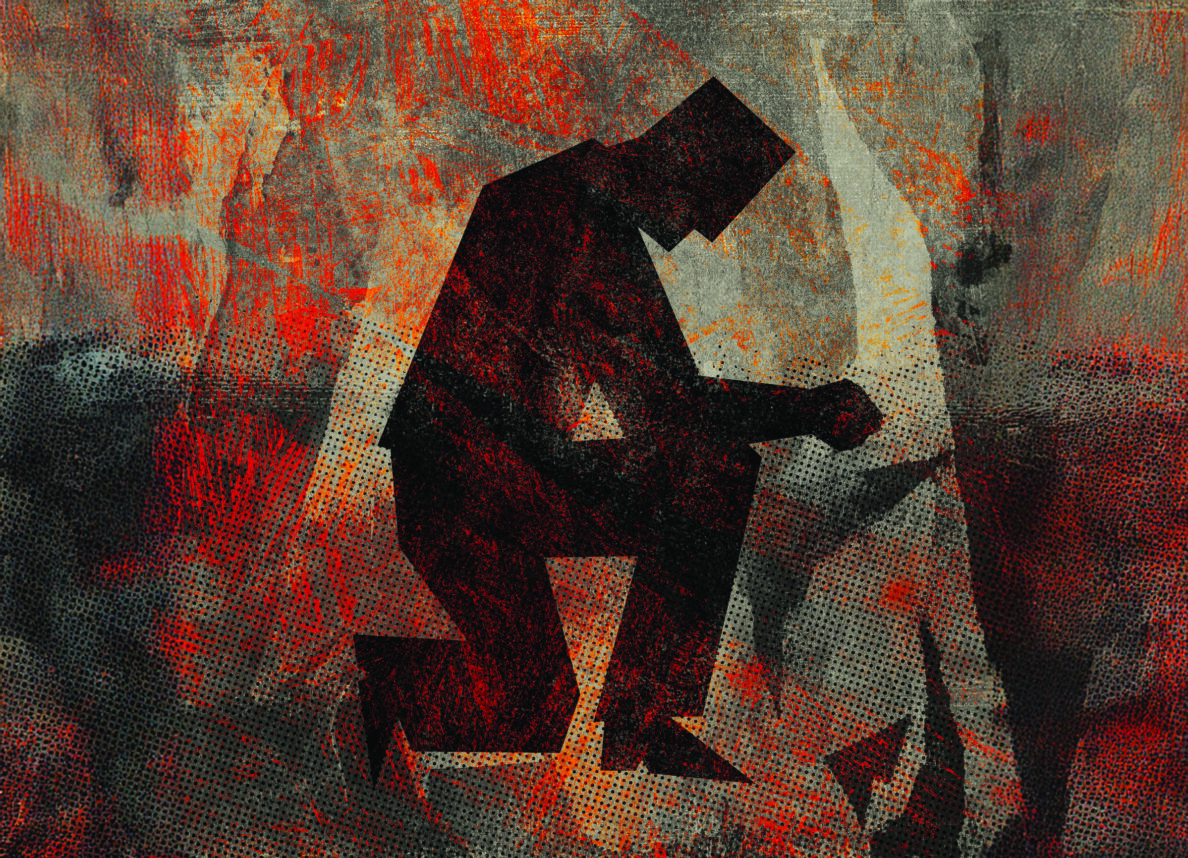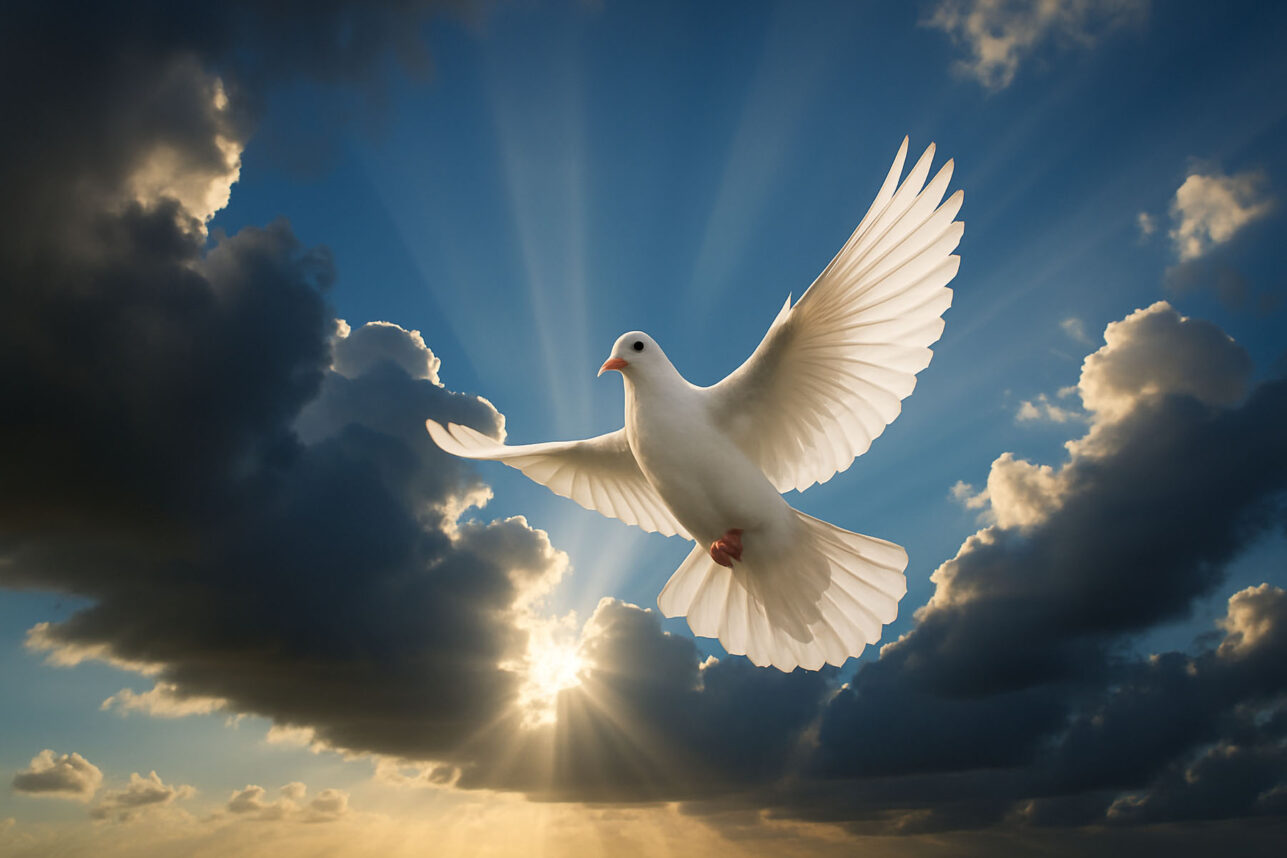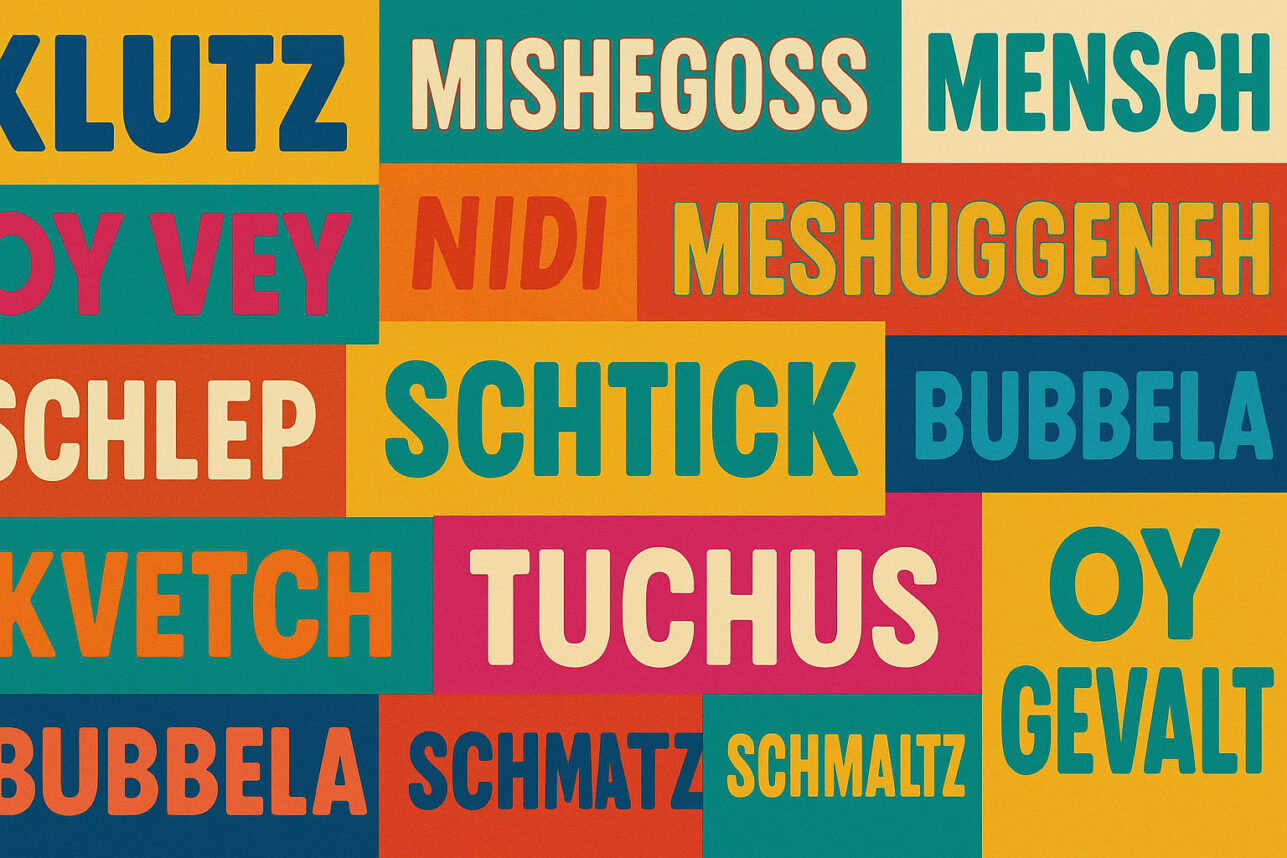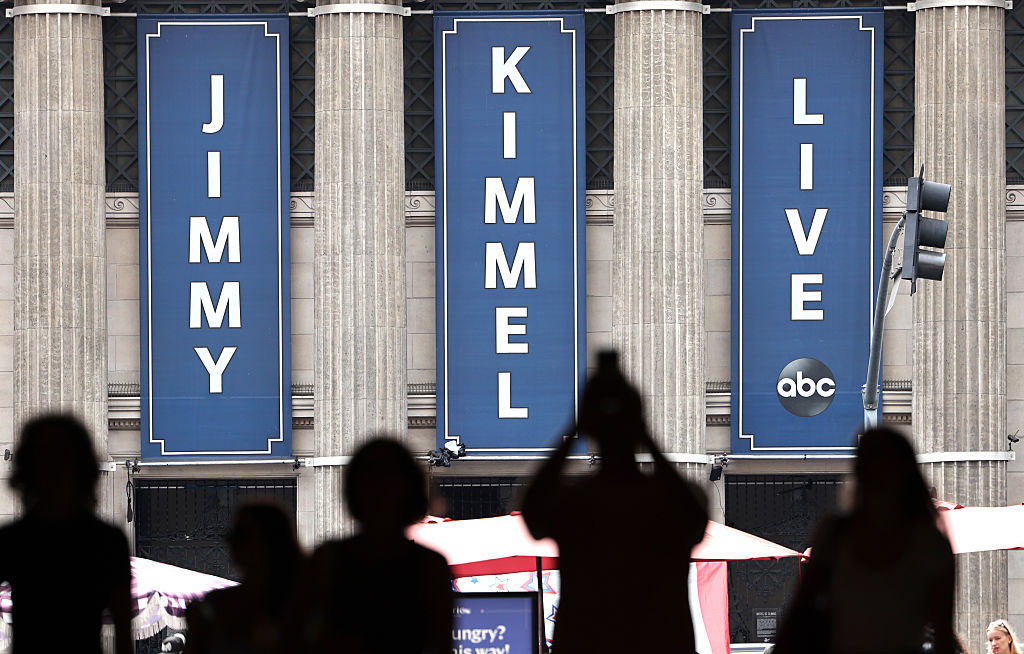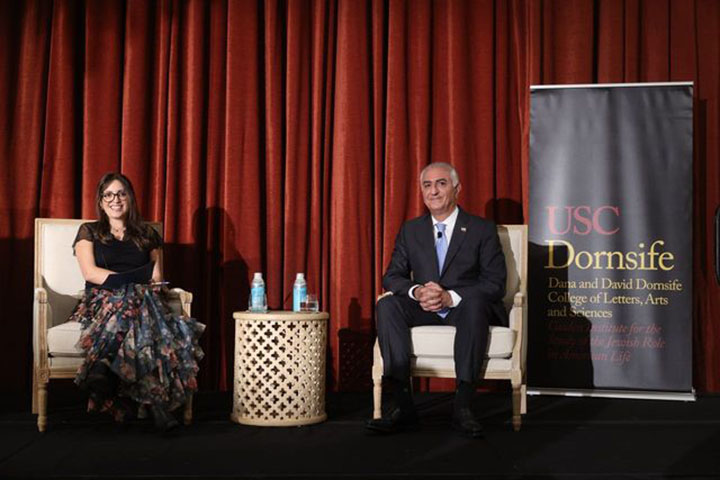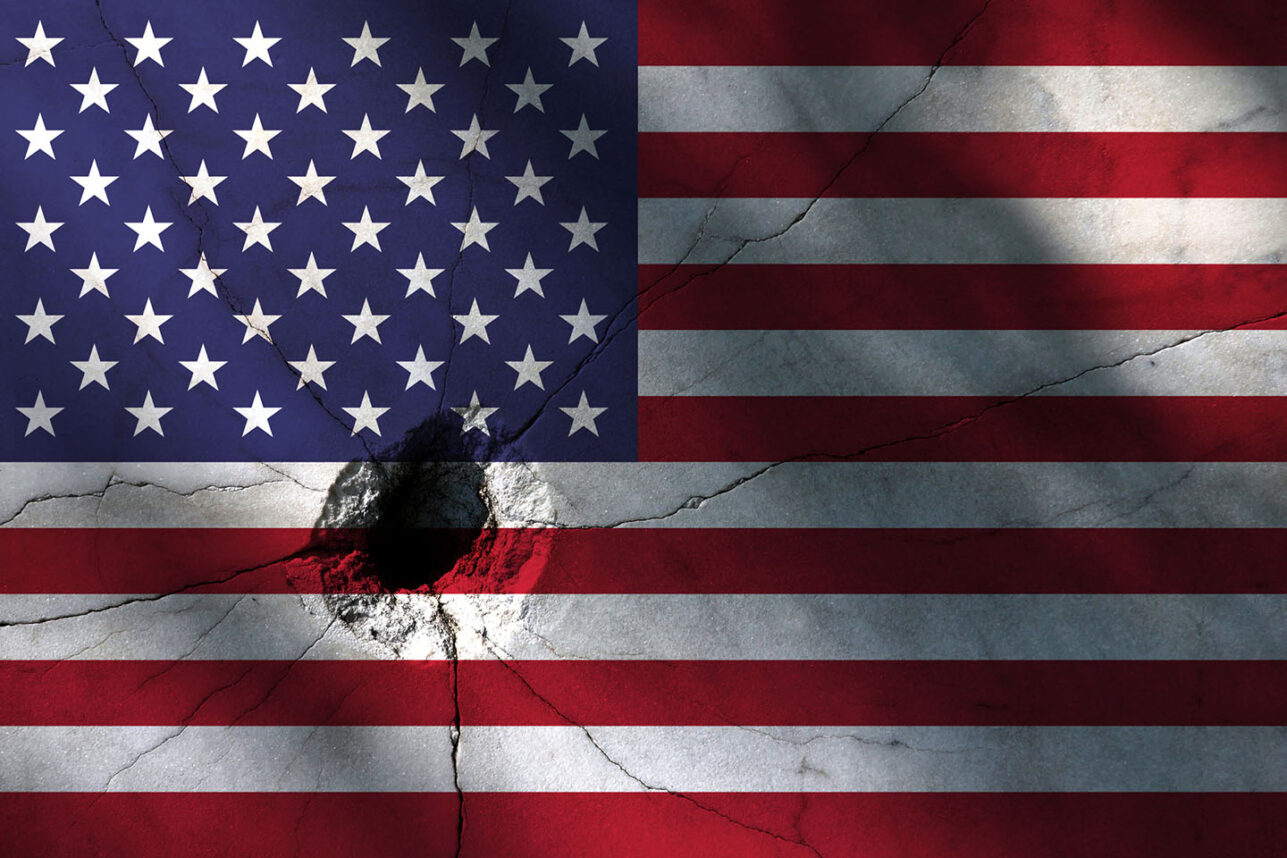In the history of baseball, 140 Jews played in the major leagues.
Now a new set of baseball cards will commemorate those players, thanks to Martin Abramowitz of Newton, Mass, who pitched the idea to attendees of the Society for American Baseball Research in Boston this summer,
Abramowitz is the founder of Jewish Major Leaguers, a nonprofit organization based in Newton (actually, in Abramowitz’s home) that is collaborating on the project with the American Jewish Historical Society and a card manufacturer to be determined. He hopes that the first set of cards, planned for opening season 2003 pending licensing agreements, will bring attention to men like Jimmy Reese, a second baseman for the Yankees during the 1930 and 1931 seasons who roomed on road trips with none other than Babe Ruth. Abramowitz, the vice president of planning and agency relations with Combined Jewish Philanthropies, Boston’s Jewish federation, has become a baseball historian through his efforts to help honor Jewish Americans who appeared in a major league game from 1871 to the present.
During baseball’s early years, Reese and other Jews sometimes concealed their religion. The story of how Reese revealed his Jewish identity is quite amusing.
“Reese changed his given name to Jimmy Reese, and no one knew that he was Jewish when he broke in with the Yankees in 1930,” Abramowitz said.
Reese batted .346 in his rookie year with the Bronx Bombers, and was an astounding 10 for 20 that season as a pinch-hitter.
“One day, in an exhibition game, Reese stepped into the batter’s box against a Jewish pitcher and Jewish catcher who communicated their signs in Yiddish,” Abramowitz said. “Reese feasted on this pitcher in the past, and the catcher was perplexed.”
“‘You are hitting the ball extremely well against us — it’s as if you know what we’re going to throw before the ball comes to the plate'” the catcher said to Reese, according to Abramowitz.
“Reese paused, then he told the catcher, ‘My name is Hymie Solomon.'”
For more information on “American Jews in America’s Game,
1871-2001,” send an e-mail to jewishmajorleaguers@rcn.com. The
American Jewish Historical Society plans to host an exhibit of the cards and
associated memorabilia in the spring. For more information, visit
Did you enjoy this article?
You'll love our roundtable.
Editor's Picks



What Ever Happened to the LA Times?

Who Are the Jews On Joe Biden’s Cabinet?


No Labels: The Group Fighting for the Political Center
Latest Articles

Did Tikkun Olam Shrink Our Tradition?


On 5786, A Protocol for Action in This New Year

When Words Break: Rebuilding a Shared Jewish Lexicon









